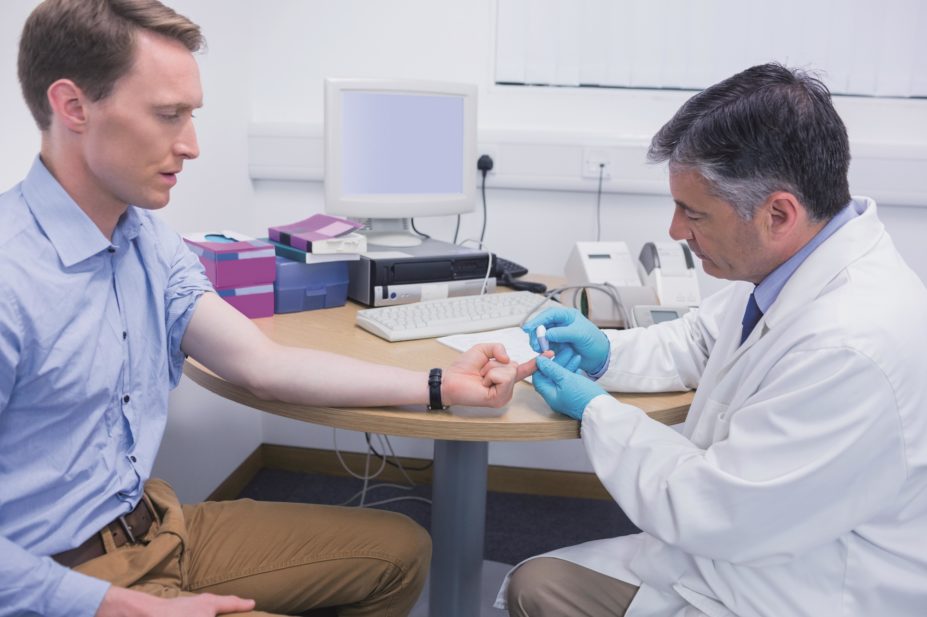
Shutterstock.com
Patients with type 2 diabetes are more likely to take their medicines as prescribed if they are male, have a degree and earn more than US$60,000 a year, according to research published in Diabetes Care
[1]
. But the authors of the research reject the idea that their findings should be used to define a typical adherent or non-adherent patient.
In the study of 218,384 patients with diabetes, adherence increased by 22% for each additional daily pill a patient took on top of their diabetes medication. Patients who were newly diagnosed were less likely to be adherent than those who were not newly diagnosed (odds ratio 0.39, 95% confidence interval 0.38–0.40; P<0.0001).
Adherence levels also increased with age — patients aged between 25 and 44 years were less likely to be adherent compared with older patients (odds ratio 0.51, 95%CI 0.49–0.53; P<0.0001).
“Most of the factors associated with adherence had small independent effect sizes, and there is certainly no ‘type’ of adherent, or non-adherent, patient,” the researchers, led by Sue Kirkman of the University of North Carolina School of Medicine, write. “Rather, our results suggest that healthcare providers should consider many factors beyond common wisdom when addressing the issue of medication adherence.”
The researchers took into account other factors in their analysis, including costs borne by the patients, how patients accessed their prescriptions, the age of the prescriber and whether they were treated at a specialist clinic.
The study revealed that for every additional US$15 a month out-of-pocket expenses associated with the medication, adherence fell by 11%.
At the same time, the researchers found that the adherence rate of patients who received their medicine by post was more than double that of patients who collected their prescriptions from a retail pharmacy.
“Healthcare providers should not assume that patients who seem uncomplicated (young, newly diagnosed with type 2 diabetes, without substantial comorbidities) are free of barriers to medication adherence,” they warn. “In fact, they may need more support to help them overcome barriers to adherence, one of which may be accepting the reality of having a chronic illness.”
References
[1] Kirkman MS, Rowan-Martin MT, Levin R et al. Determinants of adherence to diabetes medications: findings from a large pharmacy claims. Diabetes Care 2015. doi: 10.2337/dc14-2098.


